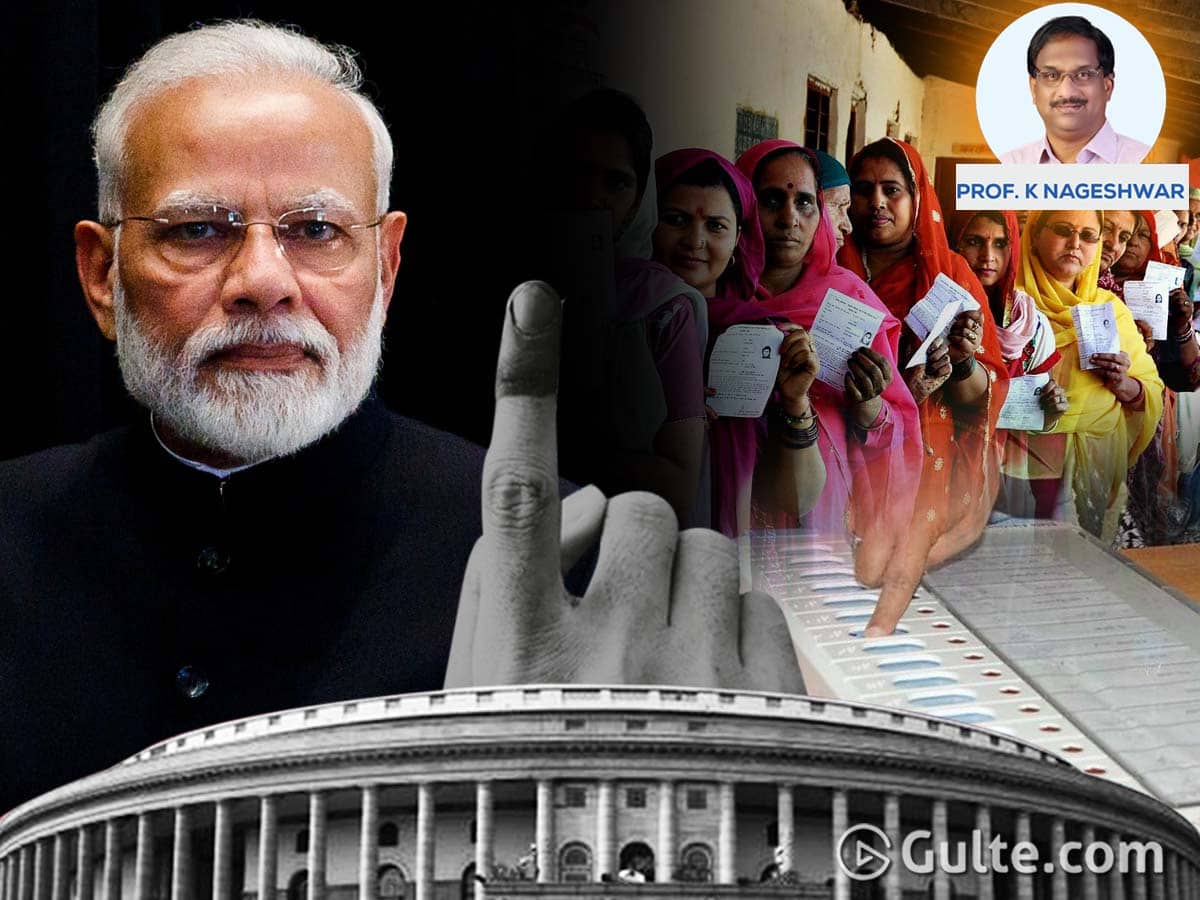Prime Minister Narendra Modi has once again called for simultaneous elections to the Lok Sabha and State assemblies. It is argued that frequent elections impede development as governments are periodically subject to code of conduct and political parties remain perpetually in election mood. Suitable measures can be devised to cut short the period of electoral process. For instance, now, elections are held in several phases due to lack of adequate paramilitary forces to provide security for the polls. The strength of the same can be augmented to hold the elections in a day or two. The period of the election campaign can also be reduced.
The political scenario of a diverse country like India is unsuitable for simultaneous elections. Electoral issues and the mandate differ from state to state and from the states to the nation. The diverse political spectrum offers a range of choices for the electorate. Simultaneous elections would be a serious disadvantage for the regional parties as the national mood will dominate the election narrative, thus giving undue political advantage to national parties.
The state legislatures in India do not owe their existence to Parliament. Instead, both the state and the national legislatures draw their powers and functions from the Constitution of India. Therefore the idea of simultaneous elections is essentially anti federal.
In an age of fragmented polity and fractured verdicts, with each state having distinctive electoral arithmetic and political chemistry, which again is different from that of the Centre, any attempt to club these will create a constitutional void. If any state elections fail to throw up a clear mandate, should we wait for the full term of the Parliament to lapse to conduct Assembly elections in such a state? Similarly, if all the states witness a clear mandate and the verdict is fractured in Lok Sabha elections due to which no government is formed, should all the state Assemblies be dissolved to facilitate simultaneous elections? These questions reveal that simultaneous elections are simply impractical.
The advocates of such a proposal argue that simultaneous elections would save money, time and resources. If this is accepted, one can also demand that elections should be held once in 20 years as it would save more time and money. Should we opt for it?
The Constitution envisages distribution of political power at different levels and among different players to avoid authoritarianism. Therefore, simultaneous polls militate against the constitutional vision and strengthen despotic tendencies. The constitutional checks and balances will be endangered.
The BJP government’s proposal for simultaneous polls cannot be seen in isolation. Earlier, the party advocated a fixed term for the central and state legislatures, a two-party system, presidential system and even rewriting of the Constitution. Therefore, this proposal for simultaneous polls is integral to the political project of the saffron brigade. All these changes would go against the diversity and plurality of Indian society and polity. India had simultaneous elections till the 1970s. This was not by design but by default, as a single party dominated India’s political system. Should we aim at such a political landscape now?
Estimates suggest that the Election Commission incurs a total cost of roughly Rs 8,000 crore to conduct all state and federal elections in a span of five years, or roughly Rs 1,600 crore every year. Nearly 600 million Indians vote in India’s elections, which means that it costs Rs 27 per voter per year to keep India an electoral democracy. The combined annual budget of all the states and the Centre is estimated at ₹70 lakh crore. Surely, such negligible expenditure on elections as a proportion of India’s total annual expenditure is not a large price to pay for the pride of being the world’s largest and most vibrant electoral democracy?
By Prof K Nageshwar
For Prof K Nageshwar’s views please subscribe to Telugu Videos : English Videos
Tags Assembly Elections BJP Congress Election COmmission Election Expenditure Federal Structure in India Lok Sabha Narendra Modi One Nation One Election Prof K Nageshwar
 Gulte Movie News And Politics
Gulte Movie News And Politics

















